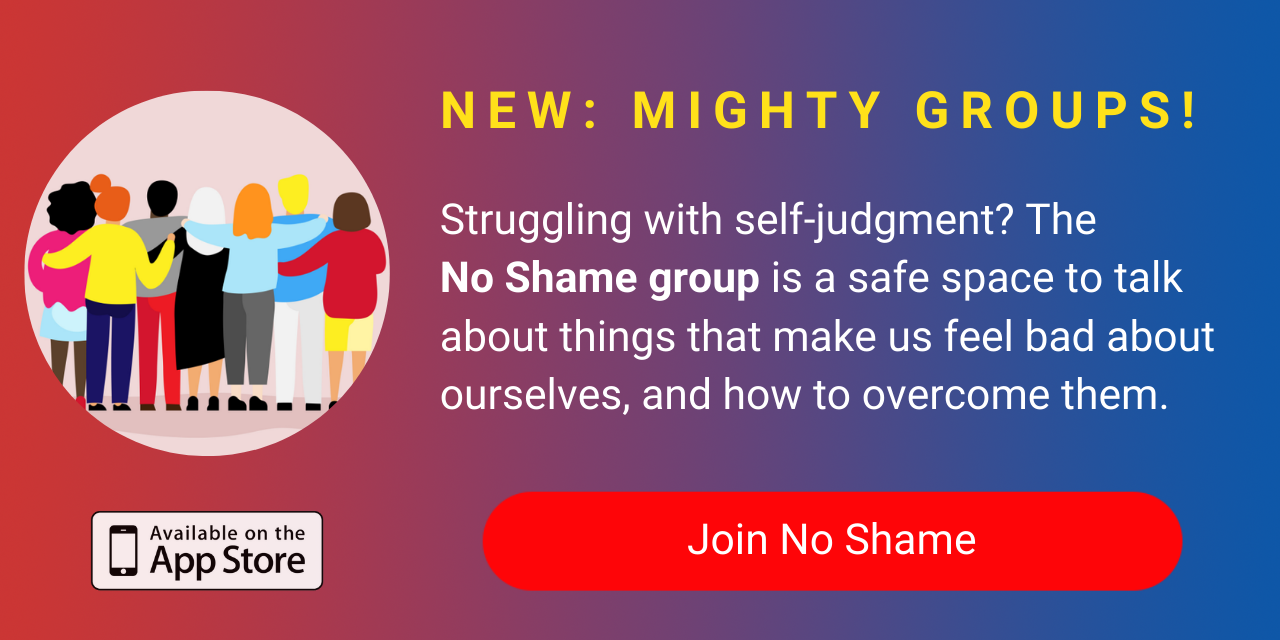Imagine a world where your first and last name start with two letters with sounds that can be difficult for you to vocalize clearly in front of others.
Saying my name can be challenging in unfamiliar group settings. Where folks usually keep their introduction to two words, I often add some version of “Hi, my name is…” to create the sounds and speech flow needed to properly say my name. Other times, I put “the” in front of a noun or verb when speaking. It is what my brain chooses to say to ensure I can form words to say my complete thought out loud. My brain engages in these verbal acrobatics countless times a day, like a reflex, to manage my stutter.
In elementary school, a speech therapist helped me find mechanisms to ride the rollercoaster of blocks or disruptions in my speech pattern. These blocks present themselves as word repetitions, holding the sound of a constant at the beginning of word, mumbling or stammering as I figure out the right sound and word combination. I have a “trouble alphabet,” a subset of letters and sounds — b’s, m’s, n’s r’s, s’s, among others — that regularly make my stutter worse.
An estimated 3 million Americans stutter. Data suggests boys stutter at a higher rate than girls, a divide that increases as children who stutter become adults. Stuttering can be developmental or neurogenic in nature. I can’t remember a time when I didn’t stutter.
My stutter ebbs and flows. When talking to friends and family, my stutter is less severe and I don’t experience a block as frequently. But when I meet with somebody for the first time or speak in front of a room full of people, my stutter can present as much more pronounced, forcing my brain into linguistic overdrive to match letters and sounds to get the words out.
When I stumble with words in front of coworkers and clients, I cannot help but feel the sting of shame. This sense of shame is something many stutterers grapple with every day. Former vice president and expected Democratic presidential nominee Joe Biden discussed his own feelings of anger and humiliation relative to his stuttering. I’m not running for president, but I am a working professional in a fast-paced environment. The notion that my intelligence, insights, and contributions could be perceived as less-than feeds a sense of internal self-doubt and my confidence and self-esteem suffer, even if that contradicts with reality.
Stuttering is a protected disability under the Americans With Disabilities Act, signed 30 years ago this month. On paper, the law bars employers from discriminating against disability in hiring practices and the workplace at large, and affords me and millions of others the promise to pursue our career of choice. Yet, that promise remains unfilled for many.
Disabled Americans continue to face higher unemployment rates, while stigma and ableism persists in society. A 2018 study showed that stutters can face worse economic outcomes, this includes making roughly $7,000 less in earnings compared to non-stutters working similar jobs.
The stutter stigma is real. It gives me daily anxiety. But stuttering is part of me; it goes where I go. As a disabled communicator, I’ve had to brief elected officials and reporters and, yes, I stuttered. I do my job because I enjoy the work, but I also believe in taking up professional space. Visibility can help break stigmas that have discouraged or directly prevented other disabled people from pursuing opportunities or promotions to leadership positions that non-disabled people go after without question or doubt.
During a recent online discussion about disability and the COVID-19 pandemic, an activist described the disability community as a big tent. That is a powerful and welcoming notion to those of us who have struggled with our own internalized ableism.
Openly stuttering in the workplace seems radical to me, even if it isn’t. I’m just glad the tent flap is open wide.
Follow Mike on Twitter at @mnaple.
Getty image by Fizkes.


